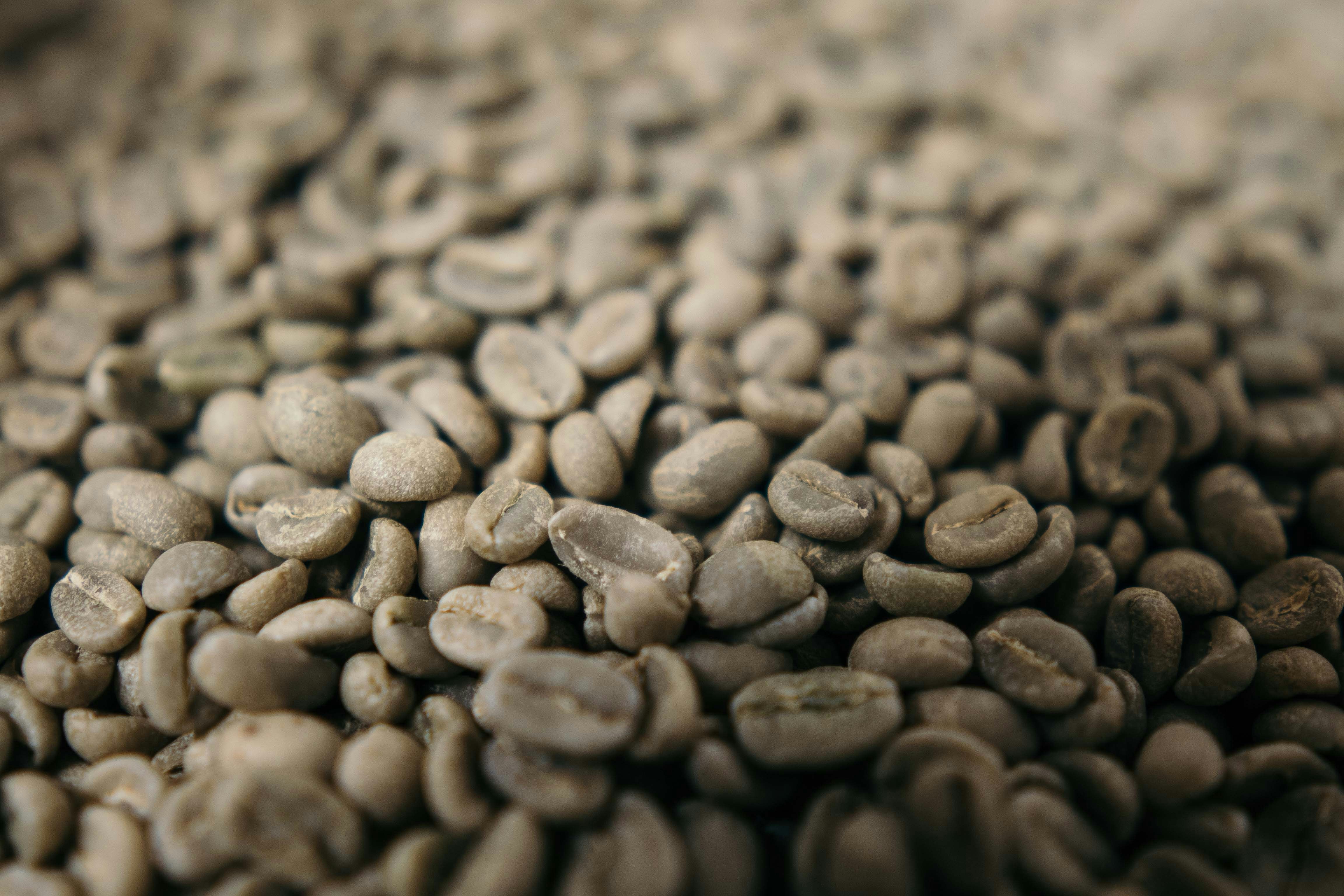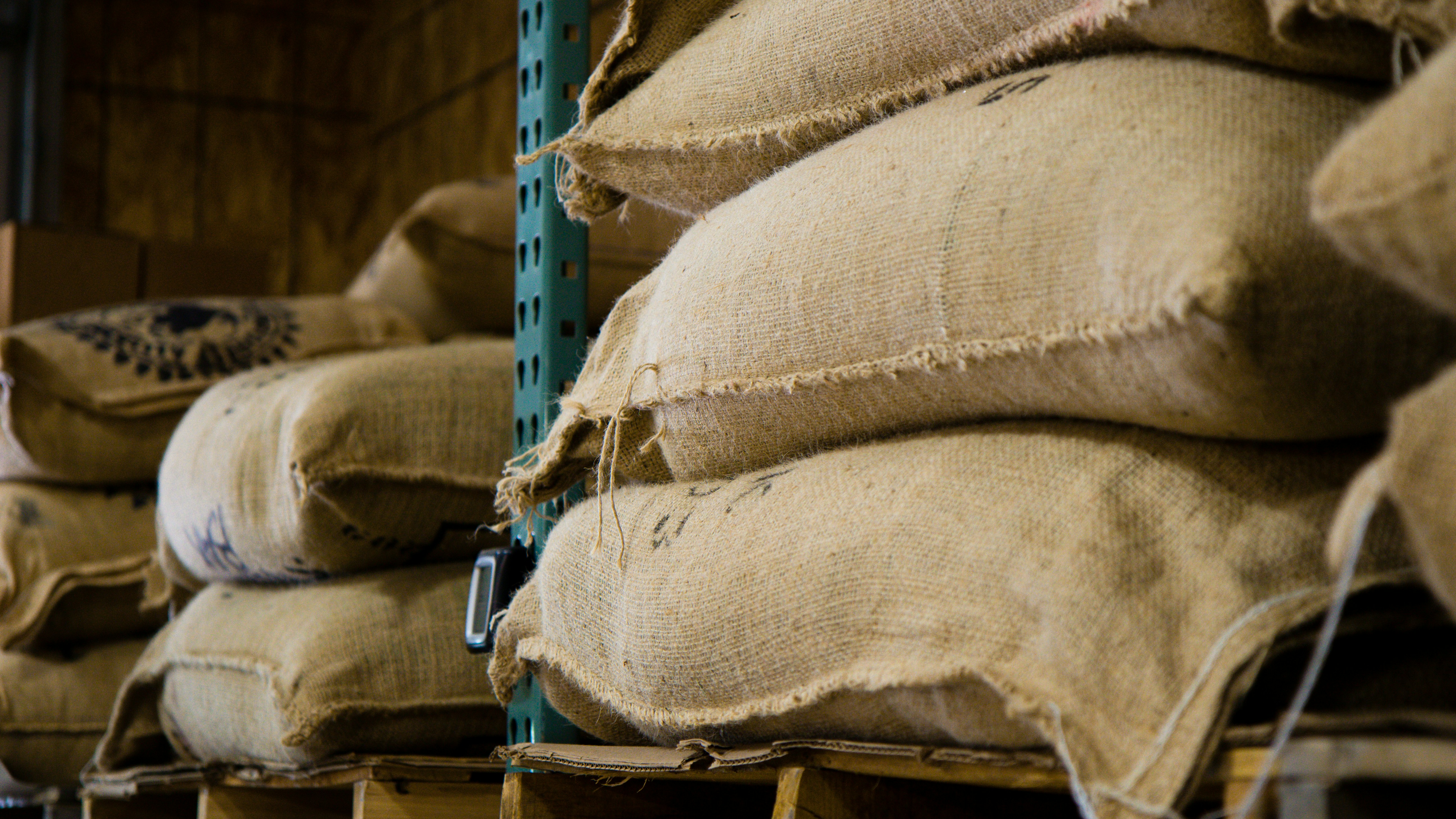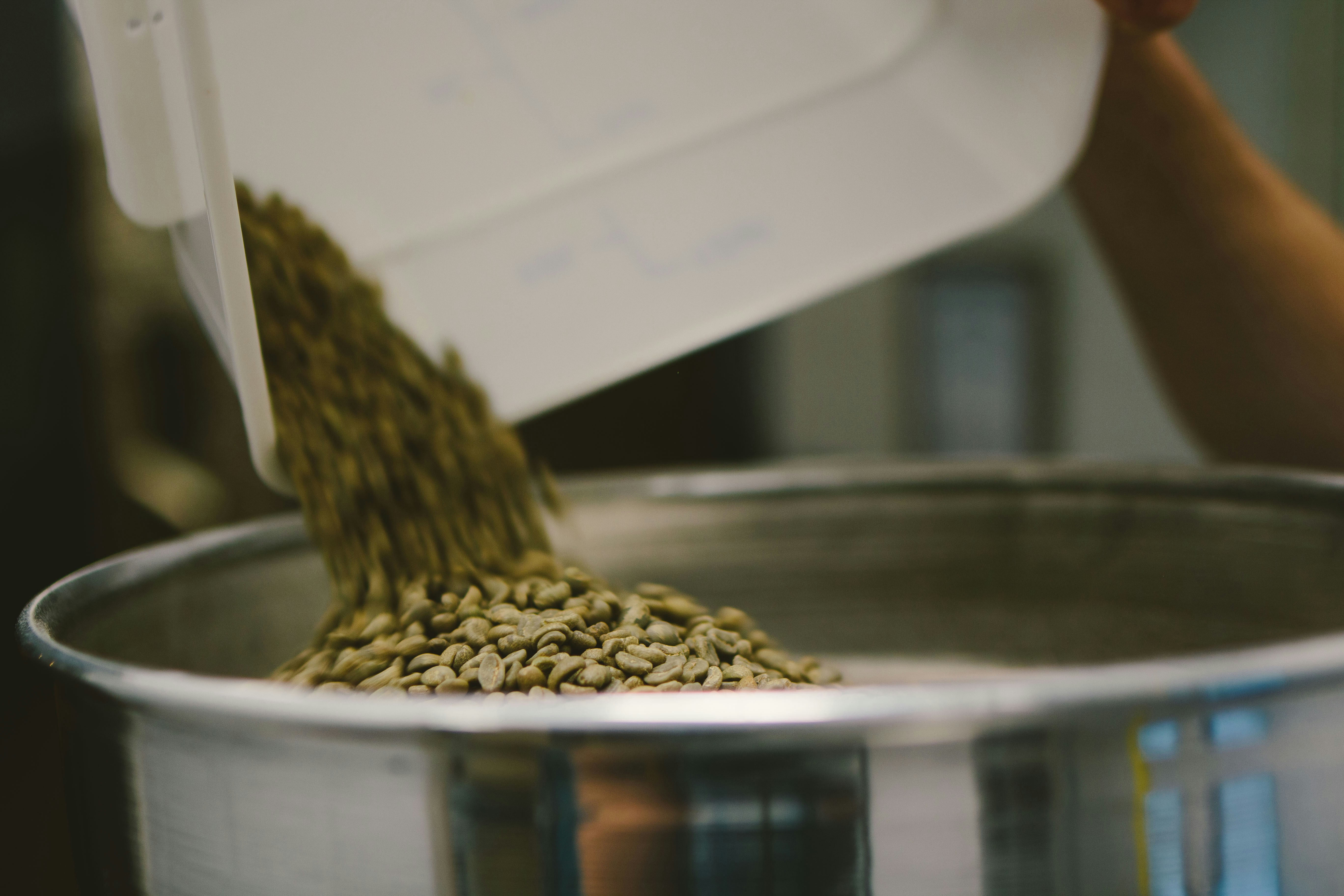
FOCUS DISTRICT
FOCUS DISTRICT
Masaka
Masaka
OUR STARTEGY
OUR STARTEGY
Uganda is a key player in the global coffee sector, with 14% of the world’s smallholder farms. Masaka District, located in Uganda’s coffee belt, presents significant opportunities for coffee production, sustainability, and value addition. Mega Green Nature is committed to enhancing coffee production and farm management through research, technology, and farmer-focused programs.
This strategy outlines our approach to improving coffee farming in Masaka District by integrating modern agricultural techniques, sustainable practices, and capacity-building initiatives to support smallholder farmers.
Uganda is a key player in the global coffee sector, with 14% of the world’s smallholder farms. Masaka District, located in Uganda’s coffee belt, presents significant opportunities for coffee production, sustainability, and value addition. Mega Green Nature is committed to enhancing coffee production and farm management through research, technology, and farmer-focused programs.
This strategy outlines our approach to improving coffee farming in Masaka District by integrating modern agricultural techniques, sustainable practices, and capacity-building initiatives to support smallholder farmers.
CURRENT PROGRAMS
CURRENT PROGRAMS
Seedlings
Seedlings
Fertilizers
Fertilizers
Farm Security
Farm Security
Farm Establishment & Managment
Farm Establishment & Managment
Irrigation
Irrigation
Coffee plays a pivotal role in the economy of Masaka District, with approximately 75% of households engaged in coffee farming. The region predominantly cultivates Robusta coffee, contributing significantly to Uganda's overall coffee production. However, challenges such as drought, coffee wilt disease, and other pests have adversely affected yields. To address these issues and enhance the livelihoods of local farmers, Mega Green Nature is committed to implementing a comprehensive strategy focused on increasing coffee production, improving quality, and promoting sustainable farming practices in Masaka District.
Coffee plays a pivotal role in the economy of Masaka District, with approximately 75% of households engaged in coffee farming. The region predominantly cultivates Robusta coffee, contributing significantly to Uganda's overall coffee production. However, challenges such as drought, coffee wilt disease, and other pests have adversely affected yields. To address these issues and enhance the livelihoods of local farmers, Mega Green Nature is committed to implementing a comprehensive strategy focused on increasing coffee production, improving quality, and promoting sustainable farming practices in Masaka District.
COUNTRY EXPORT RANK
1st
1st
International Coffee Organization, 2017-2019 mean
International Coffee Organization, 2017-2019 mean
COFFEE PRODUCED
COFFEE PRODUCED
2 MILLION KGS
2 MILLION KGS
Enveritas Global Farmer Study, 2018
Enveritas Global Farmer Study, 2018
PROGRESS
Masaka’s exports are increasing.
Masaka’s exports are increasing.
Export volume, three-year average
Export volume, three-year average
2022
2,568,000
2,568,000
Kgs
2024
2,782,000
2,782,000
Kgs
AREA STATISTICS
Impact Potential
Impact Potential
Coffee agricultural R&D is critical for delivering the productivity and quality improvements that lead to economic transformation at scale.
Impact potential
Impact potential
Top
Coffee Producing Region
1
250,000
Number of farms
3
120,000 Metric tonnes
Annal Coffee Production
1
180,416 acres
Total Cultivated area
4
98.01%
% Robusta
2
0.38
All agricultural R&D intensity
2
People
People
48.01%
Mega Green Members
2
0.38
Non Members
2
1
International Coffee Organization (ICO). 2021. Exports of all forms of coffee by exporting regions in Uganda to all destinations. Accessed from https://ico.org/trade_statistics.asp?section=Statistics.
2
Uganda Coffee Development Authority (UCDA). 2024. Regional Coffee Production and Market Insights. Accessed from https://ugandacoffee.go.ug.
3
Enveritas. 2018. “How many coffee farmers are there in Uganda? A regional study on smallholder farms.”
4
Food and Agriculture Organization of the United Nations (FAO). 2021. Coffee crops and livestock products in Masaka District. Accessed from http://www.fao.org/faostat/en/#data/QC.
5
Agricultural Science and Technology Indicators (ASTI). 2021. Agricultural R&D intensity and investments in Uganda’s coffee sector. International Food Policy Research Institute (IFPRI). Accessed from: https://www.asti.cgiar.org/data.
6
UCDA & FAO Data Analysis. Coffee production estimates calculated using ICO production data and FAO area harvested data in Masaka District.
OUR PARTNERS
OUR PARTNERS
Working collaboratively to ensure the future of coffee
Working collaboratively to ensure the future of coffee

Uganda Coffee Development Authority
We conduct regular farm visits to assess individual farmer needs and provide tailored advice. During these visits, our experts offer guidance on pest control, soil management, crop disease prevention, and climate-resilient practices, ensuring farmers get personalized and effective solutions.
More Info

Uganda Coffee Development Authority
NaCORI conducts and manages basic and applied research for coffee in support of national goals to increase the value of coffee exports. NaCORI is one of 16 public agricultural research institutes of the National Agricultural Research Organization (NARO), and has been named a Center of Robusta Excellence.
More Info

National Coffee Research Institute (NaCORI)
NaCORI conducts and manages basic and applied research for coffee in support of national goals to increase the value of coffee exports. NaCORI is one of 16 public agricultural research institutes of the National Agricultural Research Organization (NARO), and has been named a Center of Robusta Excellence.
More Info

Uganda Coffee Development Authority
We conduct regular farm visits to assess individual farmer needs and provide tailored advice. During these visits, our experts offer guidance on pest control, soil management, crop disease prevention, and climate-resilient practices, ensuring farmers get personalized and effective solutions.
More Info
Programs
Programs
Latest News


Where to Buy Uganda Coffee
MGN NEWS
Uganda is one of the top coffee producers in the world, renowned for its rich and bold coffee flavors. If you are looking to buy high- quality


What Does Uganda Coffee Taste Like?
MGN NEWS
Uganda is one of Africa’s top coffee-producing countries, known for its rich and diverse coffee flavors. Coffee lovers worldwide


How Much Coffee Does Uganda Export?
MGN NEWS
Uganda is one of Africa’s leading coffee exporters, with coffee ranking as its top agricultural…
Latest News


Where to Buy Uganda Coffee
MGN NEWS
Uganda is one of the top coffee producers in the world, renowned for its rich and bold coffee flavors. If you are looking to buy high- quality


What Does Uganda Coffee Taste Like?
MGN NEWS
Uganda is one of Africa’s top coffee-producing countries, known for its rich and diverse coffee flavors. Coffee lovers worldwide


How Much Coffee Does Uganda Export?
MGN NEWS
Uganda is one of Africa’s leading coffee exporters, with coffee ranking as its top agricultural…



























